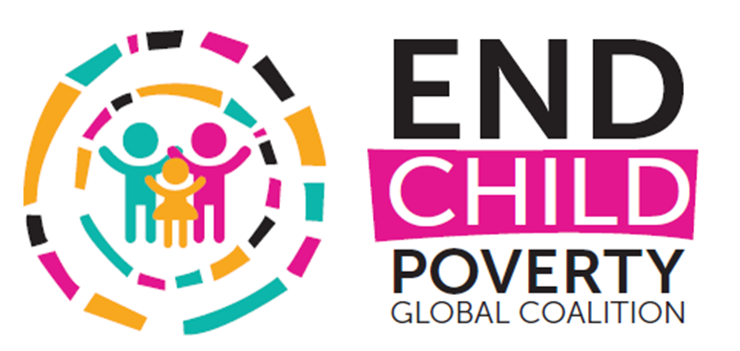Improved cash-transfers or higher work incentives for parents?
A team of PEP researchers have produced a study analysing data from the 2013 Survey on Income and Living Conditions, conducted by the Statistical Office of Serbia. The study entitled ‘Reducing child poverty in Serbia: Cash transfers or work incentives’ investigated whether a benefit strategy (taking into account revenue from informal work) or a work strategy (to improve parental labor participation) would be most effective in reducing child poverty.
On December 2, 2016, the PEP team held a national policy conference in Belgrade, Serbia, to discuss their findings on how to reduce child poverty. The conference was an opportunity to discuss findings and provide relevant policy recommendations regarding Serbia’s two major welfare programs. Additionally, the team aimed to use the conference to raise public awareness of the relationship between social welfare, labor market measures and child poverty in Serbia.
The team’s analysis indicates that better inspection of informal income, redirecting child allowance funds to those most in need, could lead to a reduction in child poverty by up to 1.6 percentage points. Meanwhile, a strategy to increase parental work incentives has less impact due to job scarcity. Based on these findings, the research team recommends reforming the child allowance policy to take informal income into consideration while also investing in programs promoting formal sector work. Find out more about the research methods, findings, and policy recommendations in PEP Policy Brief 150.
Find the full version of the study here


